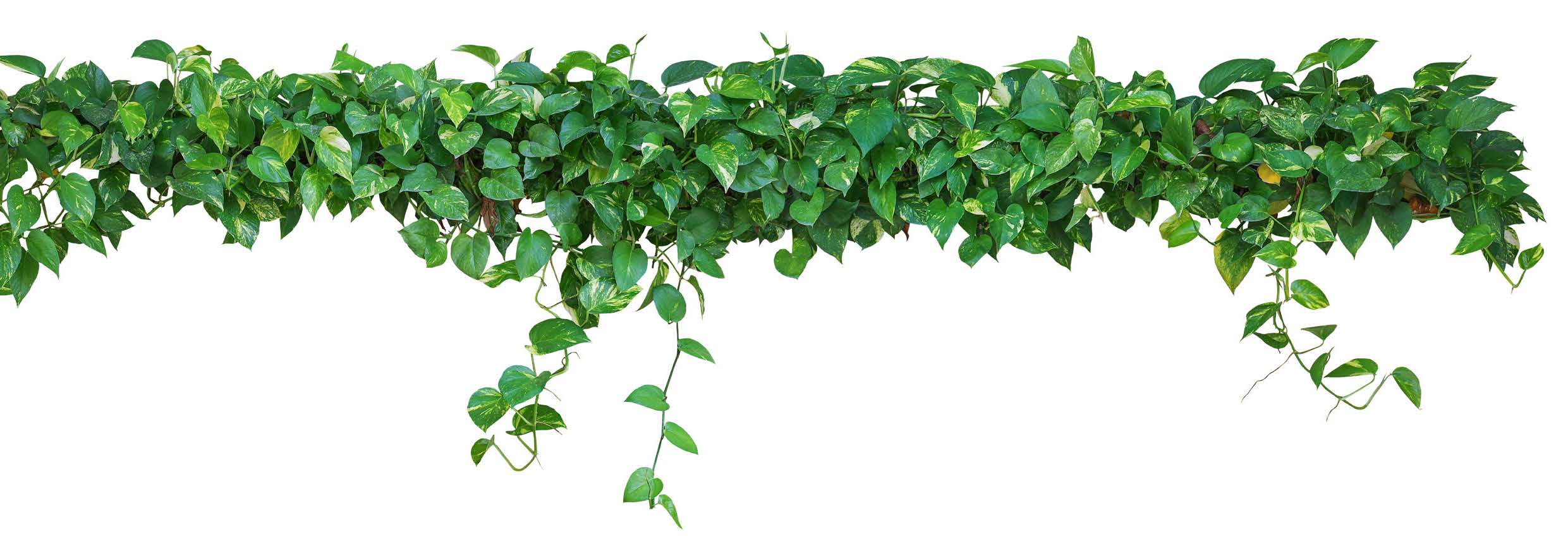- Arbitration
- Banking & Finance
- Capital Markets
- Commercial
- Competition
- Construction & Infrastructure
- Corporate / Mergers & Acquisitions
- Corporate Services
- Corporate Structuring
- Digital & Data
- Dispute Resolution
- Employment & Incentives
- Family Business & Private Wealth
- Innovation, Patents & Industrial Property (3IP)
- Insurance
Find a Lawyer
Book an appointment with us, or search the directory to find the right lawyer for you directly through the app.
Find out more
Level Up: Unlocking Financial Potential In The Middle East
Welcome to this edition of Law Update, where we focus on the ever-evolving landscape of financial services regulation across the region. As the financial markets in the region continue to grow and diversify, this issue provides timely insights into the key regulatory developments shaping banking, investment, insolvency, and emerging technologies.


2025 is set to be a game-changer for the MENA region, with legal and regulatory shifts from 2024 continuing to reshape its economic landscape. Saudi Arabia, the UAE, Egypt, Iraq, Qatar, and Bahrain are all implementing groundbreaking reforms in sustainable financing, investment laws, labor regulations, and dispute resolution. As the region positions itself for deeper global integration, businesses must adapt to a rapidly evolving legal environment.
Our Eyes on 2025 publication provides essential insights and practical guidance on the key legal updates shaping the year ahead—equipping you with the knowledge to stay ahead in this dynamic market.
The leading law firm in the Middle East & North Africa region.
A complete spectrum of legal services across jurisdictions in the Middle East & North Africa.
-
Practices
- All Practices
- Banking & Finance
- Capital Markets
- Commercial
- Competition
- Construction & Infrastructure
- Corporate / Mergers & Acquisitions
- Corporate Services
- Corporate Structuring
-
Sectors
-
Country Groups
-
Client Solutions
Today's news and tomorrow's trends from around the region.
17 offices across the Middle East & North Africa.
Our Services
 Back
Back
-
Practices
- All Practices
- Banking & Finance
- Capital Markets
- Commercial
- Competition
- Construction & Infrastructure
- Corporate / Mergers & Acquisitions
- Corporate Services
- Corporate Structuring
- Digital & Data
- Dispute Resolution
- Employment & Incentives
- Family Business & Private Wealth
- Innovation, Patents & Industrial Property (3IP)
- Insurance
- Intellectual Property
- Legislative Drafting
- Private Client Services
- Private Equity
- Private Notary
- Projects
- Real Estate
- Regulatory
- Tax
- Turnaround, Restructuring & Insolvency
- White Collar Crime & Investigations
-
Sectors
-
Country Groups
-
Client Solutions
- Law Firm
- /
- Insights
- /
- Law Update
- /
- September 2018
- /
- Research and Innovation needed in the field of New Plant Varieties
Research and Innovation needed in the field of New Plant Varieties
The continuous increase in the global population, which is expected to rise to 9 billion by the year 2050, increases the need for food production and renewable energy. This has placed a great deal of pressure on arable lands, especially given the adverse effects of climate change. The need for research and innovation, specifically in the field of new plant varieties is now of the utmost importance. New plant varieties are now considered one of the protected forms of intellectual property whose necessity has been asserted by a variety of intellectual property agreements. This is an important step that will offer protection for plant breeders and encourage them to innovate.
In the past, plant variety innovation was not recognized as an intellectual property right. However, more recently it has become a priority for the international community to grant protection to new plant varieties given the major role that companies in the private sector play in financing research and development in discovering new plants and enhancing of means of production. The legal protection is granted to breeders who have created or discovered a new idea or innovation and have physically applied it to create a unique new crop or variety. This protection is not only extended to the physical manifestation of the idea but rather the idea itself so that plant breeders may benefit from others using their ideas.
Interest in new plants and genetically engineered varieties is directly related to the plant varieties that are considered a matter of national security for all countries around the world. These include wheat, rice, all kinds of fruits, and plant varieties genetically engineered in third world countries, such as coffee, sugarcane and medicinal plants. Multinational companies tend to control plant varieties that are connected with the manufacture of pharmaceutical products and plant varieties of economic value. Amongst the plant varieties that are genetically engineered are medicinal varieties which are used as treatments for patients (especially poor ones).
 The case study of Egypt
The case study of Egypt
The value of these new varieties is derived from the importance of agriculture. Egypt has led the way to find effective means to protect crop varieties from intellectual property piracy in all fields, the most important of which is the pharmaceutical field, due to the fact that these crops are of great value when such new varieties are economically exploited. Economic profit opens the door to investors to explore these varieties as medicine or as an element that is used in a combination to produce pharmaceutical products, without having to provide evidence on its genetic source or its origins. The Egyptian legislature is amongst the few that has created a system to govern the protection of crop varieties, based on the general principles included in the Trade-Related Intellectual Property Settlement (the TRIPS agreement) and other international agreements that address this subject.
The Egyptian Legislature specified in the Fourth Book of the Intellectual Property Rights Law (no. 82 of 2002 (‘ the IP Law’) the definition of a plant variety that enjoys protection under the IP law, stipulated a crop that was discovered through biological and non-biological means and was new, distinct, uniform, and stable. Pursuant to Article 190 of the IP Law, the Egyptian Legislature created the Protection of Plant Varieties’ Office whose function includes processing requests submitted for the protection of plant varieties, including examining those requests and rendering a decision on whether or not to extend protection to the plant. The Protection of Plant Varieties’ Office also grants certificates for the protection of breeding varieties once certain requirements and formalities are met, required for granting protection.
The breeders of protection plants enjoy exclusive rights over the protected variety, enabling them to exploit their rights and grant rights to others over the production, distribution, sale, marketing, importation and exportation of the variety.
The International Union for the Protection of New Varieties of Plants (‘the UPOV’) is an international non-governmental organisation based in Switzerland. Its international compact, the UPOV Agreement, is one of the agreements that was concluded to set out detailed rules for the protection of plant varieties and conditions for their protection. The Egyptian Legislature adopted the principles of the agreement in full when drafting the Fourth Book.
“There are Arab countries that have taken huge steps towards the protection of plant varieties, having faith in the necessity of protecting rights which directly lead to the creation of new varieties, increased income for farmers, and provide breeders with higher incomes and incentives for further investment.”
The legal protection of planet varieties is governed by Article 203 of the IP Law, which sets out that the infringement of rights held in a protected variety is a misdemeanour punishable by a fine not less than EGP 10,000 and not exceeding EGP 50,000. In the case of habitual offender, the punishment would be aggravated to be imprisonment or a fine not less than EGP 20,000 and not exceeding EGP 100,000. The IP Law also stipulates, for the application of the punishment, that the crime must be intentional, and that seizure of the crops and seeds are mandatory in cases of both first and repeat time offending.
The IP Law also creates a temporary protection period by way of precautionary measures issued by a judge of the competent court under Article 204 of the IP Law. The Egyptian Legislature however did not give particular attention to the question of civil compensation in the form of restitution for the infringement committed. This leaves open general rules that are organized by the contractual agreement that is concluded between the breeder and others exploiting the variety. In cases of partial or non-compliance with the obligations stated in the IP Law, e.g. by unlawful exploitation of protected varieties without prior written consent, the disclosure of trade secrets or unfair competition actions, the breeder would be entitled to claim compensations for damages caused by the infringement by bringing a civil case in accordance with Article 163 of the Civil Law.
Other countries
Some countries have taken major footsteps towards improving the protection of plant varieties in the Arab region. They have done this by joining the UPOV as members, for instance, or by amending local laws and regulations to comply with the rules set out by the UPOV and its policies. Countries taking the lead include Jordan, Oman, Tunisia, and Morocco. Other countries are further behind in adapting their laws to reflect international best practice. And Egypt has not yet become an official member of UPOV despite the fact that its laws have been amended and the passing of the IP Law that provides good environmental protection.
The legal regimes in Jordon, Morocco, K.S.A. and Tunisia are similar to those in Egypt. Protection requests are submitted and examined by a central authority, and if the requirements for protection are met, a certificate for the protection of the variety is issued. The period of protection and the certified list of plant varieties varies across these countries.
Conclusion
With the development of technology, the necessity to protect the intellectual property rights becomes clear. Legal protections provide inventors and breeders with better conditions to continuing to develop and innovate, whilst spreading knowledge. They also provide consumers with the chance to benefit from these innovations in a way that permits continual updating. Arab countries still face a number of issues over the protection of intellectual property rights, without employing their resources to the utmost benefit of these rights, due to the fact that, as a whole, national legislation has not been developed and updated. There are Arab countries that have taken huge steps towards the protection of plant varieties, having faith in the necessity of protecting rights which directly lead to the creation of new varieties, increased income for farmers, and provide breeders with higher incomes and incentives for further investment.
When Egypt becomes a member state in UPOV it will increase the competitiveness of Egyptian agricultural products in both quality and quantity as they will comply with the international market’s demands and protect Egyptian plant varieties internationally. It will also create an opportunity to set up international companies for breeders in Egypt, a key gateway to Africa.
Al Tamimi & Company’s plant varieties team regularly advises on drafting and filing new plant varieties applications. For further information please contact Soad Karem (s.karem@tamimi.com).

Stay updated
To learn more about our services and get the latest legal insights from across the Middle East and North Africa region, click on the link below.


